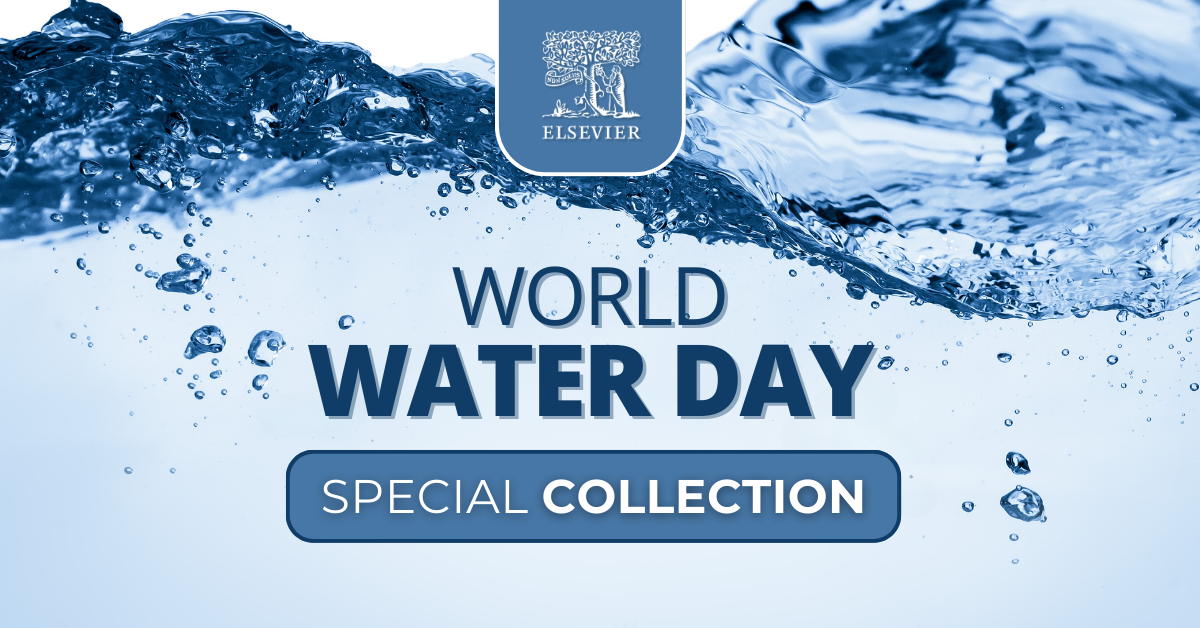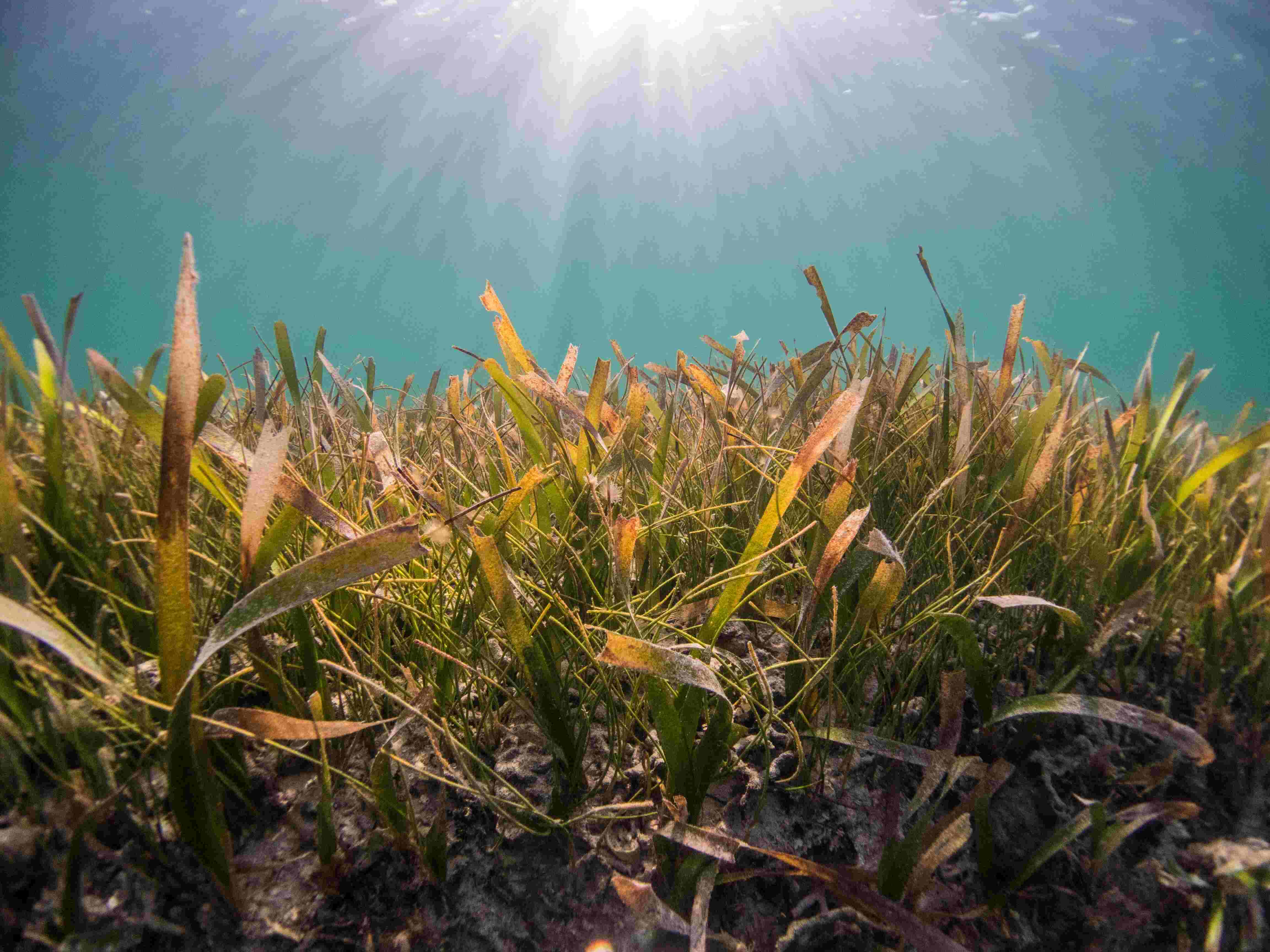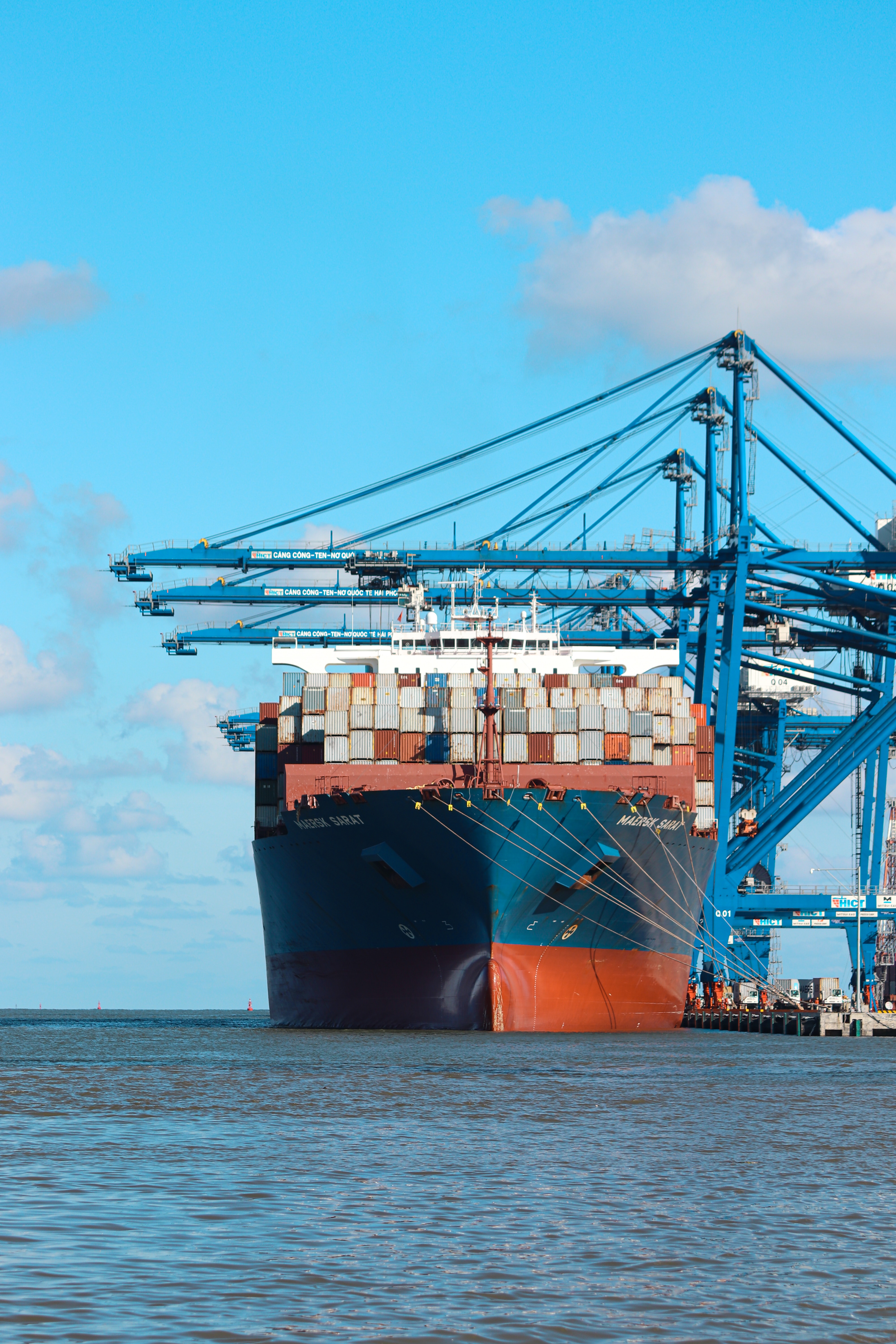Water, as a vital natural resource, sits at the core of sustainable development, thus underpinning many of the United Nations' Sustainable Development Goals (SDGs). SDG 6, specifically titled 'Clean Water and Sanitation,' explicitly emphasizes the significance of water management. However, the relationship of water with other SDGs is multi-dimensional, exhibiting its pervasive importance in achieving overall sustainability.
In the context of SDG 2, 'Zero Hunger,' water plays a pivotal role in irrigation for agriculture, which contributes to global food security. For SDG 3, 'Good Health and Well-being,' safe drinking water and sanitation are fundamental to prevent waterborne diseases. In relation to SDG 7, 'Affordable and Clean Energy,' water is an essential component in the production of hydroelectric power, a significant source of renewable energy.
Moreover, water-related issues, such as flooding or droughts, can exacerbate socio-economic inequalities (SDG 10, 'Reduced Inequalities') and increase vulnerabilities, particularly in low-income communities. On the other hand, efficient and equitable water management can promote economic growth (SDG 8, 'Decent Work and Economic Growth') by contributing to various sectors such as agriculture, energy, and manufacturing.
Furthermore, SDG 13, 'Climate Action,' is intimately linked with water, as climate change impacts the water cycle and, subsequently, water availability. Addressing water scarcity and improving water-use efficiency are effective climate adaptation strategies. Finally, healthy aquatic ecosystems are central to SDG 14, 'Life Below Water,' and SDG 15, 'Life on Land,' emphasizing the role of water in maintaining biodiversity and ecosystem services.
Hence, ensuring access to clean water and sanitation for all not only aligns with the ethos of SDG 6, but also acts as a catalyst for achieving several other SDGs. Recognizing and addressing the intricate interdependencies between water and sustainable development can pave the way for robust, holistic, and inclusive solutions that further global progress towards the 2030 Agenda.
Join Us in the Fight Against Drowning on World Drowning Prevention Day 2024!
The yearly observance of World Drowning Prevention Day on July 25th serves as a worldwide rallying cry to end the horrific toll that drowning takes. Today, we must not forget the need to combat one of the top causes of accidental death on a global scale. The United Nations General Assembly endorsed Resolution A/RES/75/273, "Global drowning prevention," in April 2021.
Prompt Action to Avoid Drowning
Every year, World Water Day raises awareness and inspires action to tackle the water and sanitation crisis. To mark World Water Day 2024, Elsevier has curated a free special collection of journal articles and book chapters. This year’s theme for World Water Day is Water for Peace. Discover research relating to clean water and sanitation from across a broad range of disciplines including the effects of racism, social exclusion, and discrimination on achieving universal safe water and sanitation in high-income countries and challenges faced by developing economics to mitigate the impacts o
World Seagrass Day 2025 with SDG Resources
Nurturing the Oceans' Lifelines: Seagrass
Our planet's health and prosperity depend on the well-being of its oceans and marine ecosystems. Seagrasses, often overlooked, are vital in maintaining these ecosystems. World Seagrass Day is dedicated to highlighting the crucial role of seagrasses in our marine environments.
The Significance of the Day
International Mountain Day 2024
Mountains have long captivated the human imagination with their majestic beauty and vastness. However, beyond their aesthetics, mountains play a crucial role in our planet's well-being, impacting global ecosystems, climate, and communities. Every December 11th, International Mountain Day is observed to recognize the significance of mountains and the need to conserve them.
Why Mountains Matter
World Maritime Day 2024
The vast oceans have always been a source of wonder, sustenance, and vital passage for human civilization. Connecting continents and cultures, the maritime sector plays a pivotal role in global trade, security, and sustainability. Recognizing its significance, the International Maritime Organization (IMO) observes World Maritime Day every year. This day not only celebrates the maritime industry but also emphasizes its importance in ensuring a sustainable future.
Why the Maritime Sector is Vital
RELX Environmental Challenge 2023: five shortlisted projects to bring safe water and sanitation to communities around the world






